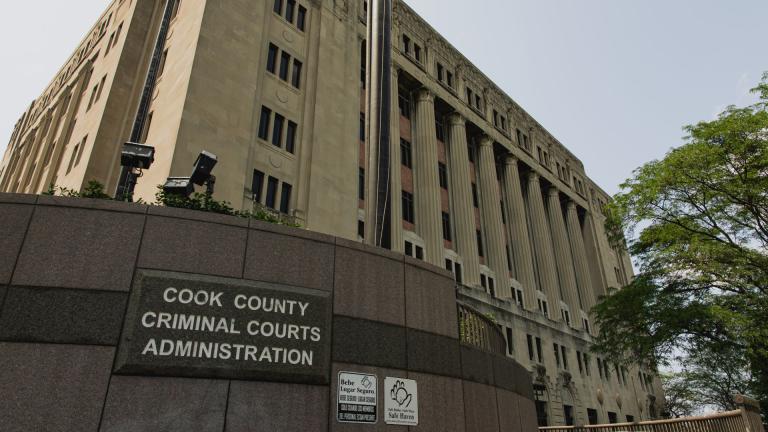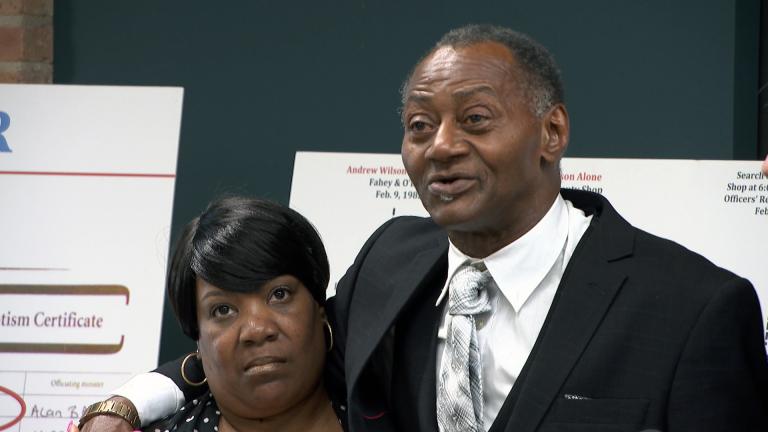A massive criminal justice bill is heading to Gov. J.B. Pritzker's desk.
Approved last week by the Illinois Senate and House, the measure covers everything from police use of force to body cameras.
It would also end the practice of cash bail, meaning defendants in criminal cases could only be detained pretrial if they’re deemed a flight risk or a risk to the community.
“I’m hopeful for what this means for the future of our state and the ability for us to reimagine what public safety looks like” said state Sen. Elgie Sims Jr. (D-Chicago) who sponsored the legislation.
Abolishing cash bail gives courts the ability to look at a number of factors for pretrial decisions without focusing on a person’s ability to pay, Sims said. Cash bail creates inequities in who stays in jail and who doesn’t before a trial, he said.
“You’ll have cases where a wealthy person can go free, but an innocent, poor person could not, and that’s not justice,” Sims said.
Cook County saw major bail reform ordinance in 2017.
General Order No. 18.8A, issued by Cook County Chief Judge Timothy Evans, states that no one should be incarcerated at Cook County Jail due to an inability to afford bond. Sims said that ordinance put lawmakers on the path to actually abolish cash bail.
Those opposed to abolishing cash bail, including state Sen. John Curran (R-Downers Grove), said it could threaten public safety.
“I do believe there is an inequity in cash bail,” Curran said. “We should not be determining who to release and who not to release based on their income while they’re waiting trail, but we need to give judges broad discretion in making determinations on public safety with regards to who is detained and who isn’t.”
It would officially end on Jan. 1, 2023. In the meantime, Sims said the courts will work to learn the new policies and get appropriate training.







